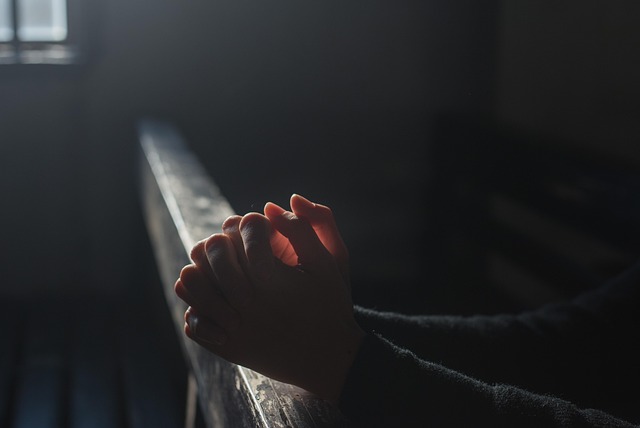As we navigate through increasingly extreme weather patterns, one question lingers in many minds: how do we find hope in a world that often feels defined by chaos and despair? The tumultuous nature of climate change has a significant impact on both our environment and our mental wellbeing. For many, the uncertainty surrounding natural disasters and shifting climates can be overwhelming. Yet, in the midst of such storms, faith emerges as a powerful beacon of hope.
Faith can take many forms—it can be rooted in spirituality, community, personal beliefs, or a deep connection to the environment around us. When faced with devastating hurricanes, unending droughts, or wildfires that seem insatiable, it is often our faith that helps us rally around a cause, find strength in unity, and inspire action. People become motivated to act not just for themselves, but for future generations. They see their struggles as part of a larger narrative, one that can potentially lead to profound change.
Faith also nurtures resilience. It reminds us that we are not alone in our battles against climate change. Communities come together, finding support in shared beliefs, whether that’s a faith in science, nature, or the collective efforts of humanity. This collective faith fuels initiatives to combat environmental degradation, such as reforestation projects, sustainable farming practices, and the promotion of renewable energy. Faith in our abilities to make a difference creates a path forward even when the planet seems bleak.
Furthermore, in the environmental landscape, faith can inspire hope in the adaptation processes we undertake. When governments, organizations, and individuals work tirelessly to create green technologies and sustainable practices, it reflects a deep-rooted belief in our capability to change course. Faith propels the movement for climate justice, as activists advocate for marginalized communities disproportionately affected by extreme climate events. This shared faith in justice creates a powerful narrative around climate action.
In times of crisis, such as the aftermath of natural disasters, it’s witnessed how communities come together, standing shoulder to shoulder, to aid those in need. This spirit is often born from a sense of faith—a belief that healing is possible and that together, we can weather any storm. It drives charity efforts, volunteer work, and supports local economies devastated by environmental shifts. These acts of kindness can ignite further hope, proving the resilience of the human spirit in the face of adversity.
Acknowledging the emotional toll that climate change can have on us is crucial. Many struggle with anxiety and grief over the planet’s future. Here, faith provides solace. Whether through participating in community efforts or finding comfort in nature, nurturing a connection to something greater gives many the strength to persevere. It becomes about more than survival; it transforms into a mission to advocate for the planet.
In a world grappling with extreme climate change, faith is essential for fostering hope. It inspires individuals and communities to envision a sustainable future, motivating them to take action and stand resilient against the waves of uncertainty. As we move forward, embracing this faith will play a significant role in shaping our response to the climate crisis and ultimately determining our collective future.




